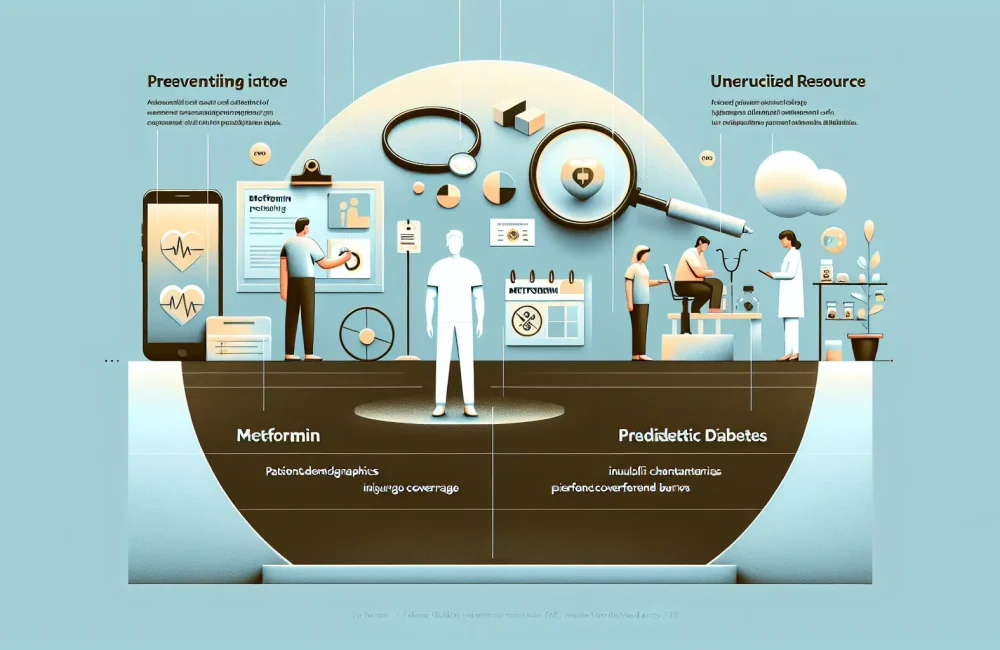By CAFMI AI From Journal of General Internal Medicine
Direct and Indirect Effects of Food Insecurity on Glycemic Control
Food insecurity, defined as limited or uncertain access to adequate food, poses a significant challenge to effective diabetes management and glycemic control, impacting the health of millions of adults with diabetes in the United States. This nationally representative study of 2,134 adults with diagnosed diabetes found that 21% of participants experienced food insecurity. The research highlights that food insecurity is directly associated with elevated hemoglobin A1c (HbA1c) levels, a crucial marker used to assess long-term glycemic control. Higher HbA1c correlates with increased risk of diabetes complications such as retinopathy, nephropathy, cardiovascular events, and neuropathy, making this a vital finding for clinicians focused on comprehensive diabetes care. The direct link emphasizes that food insecurity itself is harmful beyond just nutritional inadequacy, likely affecting physiologic stress and glycemic metabolism.
Indirect Pathways: Medication Adherence, Depression, and Self-Management Behaviors
Beyond the direct impact, food insecurity’s effect on glycemic control is also mediated through indirect pathways, notably through medication adherence, depressive symptoms, and diabetes self-management behaviors. The study’s structural equation modeling revealed that food insecurity leads to decreased medication adherence (β=0.07, p=0.02). This aligns with clinical observations where patients facing economic and food access challenges struggle to afford or prioritize medications, resulting in poorer glycemic control. Depressive symptoms also play a significant mediating role (β=0.05, p=0.04); food insecurity contributes to psychological stress and depression, which further undermines self-care efforts including diet, exercise, and glucose monitoring. Poor diabetes self-management was another mediator, reflecting how resource constraints and mental health challenges complicate adherence to recommended lifestyle modifications and glucose control strategies. Recognizing these mediators helps clinicians identify critical intervention points for holistic diabetes care.
Clinical Implications and Strategies for Primary Care Providers
The findings underscore the necessity for clinicians, especially primary care providers and diabetes specialists, to integrate screening and intervention strategies targeting food insecurity and its behavioral and psychological sequelae. Routine assessment of food insecurity using simple validated tools like the USDA Food Security Survey Module can identify at-risk patients. Addressing food insecurity could include referrals to community resources such as food assistance programs, nutritional counseling, and social work support. Improving medication adherence may require tailored interventions such as medication cost assistance or regimen simplification. Additionally, screening for depression and initiating appropriate mental health support are essential components. From a guideline perspective, these efforts align with holistic chronic disease management and social determinants of health frameworks increasingly emphasized in U.S. clinical practice. Longitudinal research and interventional trials are needed to establish effective integrated care models. Meanwhile, multidisciplinary approaches involving dietitians, behavioral health specialists, and community services remain critical to optimize glycemic control and reduce diabetes-related morbidity and mortality among food-insecure adults.
Read The Original Publication Here






